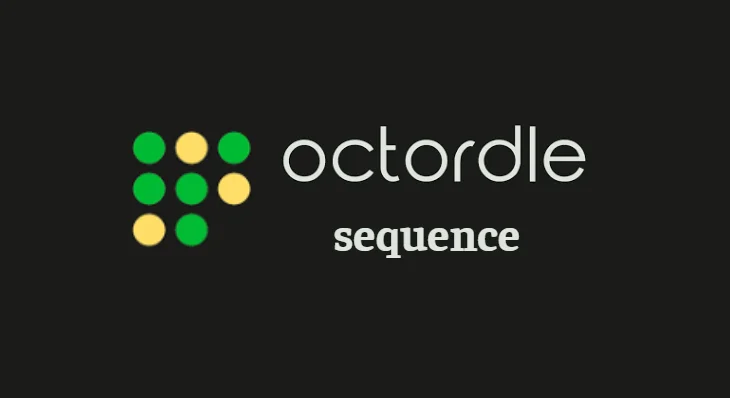Understanding the Octordle Sequence: A Comprehensive Guide

What is the Octordle Sequence?
The octordle sequence is a unique and engaging word puzzle game that has gained popularity among enthusiasts of word games. Its roots can be traced back to the viral success of Wordle, but it expands the concept significantly. In this game, players are challenged to guess multiple words simultaneously, thereby increasing the complexity and fun factor. The octordle sequence typically consists of an arrangement of eight five-letter words, requiring players to make educated guesses based on limited feedback from each attempt.
In terms of gameplay mechanics, the objective remains straightforward: players must deduce the correct words by employing logical reasoning and an understanding of language patterns. Each guess provides vital information that helps narrow down potential solutions. The feedback mechanism informs players whether they have guessed a letter correctly and whether it is in the correct position, akin to the original Wordle format. However, the necessity to solve eight words in parallel sets the octordle sequence apart, presenting an engaging challenge that tests a player’s vocabulary and problem-solving skills simultaneously.
The Mechanics Behind
Common Strategies for Mastering the Octordle Sequence
To excel in the octordle sequence, players must adopt various strategies that enhance both their guessing accuracy and gameplay efficiency. One of the most effective approaches is to focus on optimizing guesses. This can be achieved by starting with common five-letter words that contain frequently used letters such as E, A, R, and T. By identifying possible letter placements early, players can eliminate incorrect options and narrow down their choices in subsequent rounds.
Another fundamental strategy involves utilizing word patterns. Familiarity with the structure of the English language can greatly assist in predicting likely word combinations. Players should practice recognizing common prefixes or suffixes, which can help in generating potential candidates for the octordle sequence. Additionally, understanding vowel and consonant placements can provide insights into possible word formations, offering players an advantage in the guessing game.
Time management during gameplay is also crucial when attempting to master the octordle sequence. Players should be cognizant of the allotted time per guess and develop a systematic approach to make informed decisions quickly. This can include mentally organizing known letters and those that are still in question. Setting personal benchmarks, such as reducing the number of guesses required to solve the puzzle, can motivate players to refine their strategies further.
Moreover, practicing regularly can significantly contribute to improved skills in navigating the octordle sequence. Engaging with different variations of letter-based puzzles can help form a deeper understanding of common patterns, thereby increasing overall proficiency. Exploring past puzzles and analyzing the solutions can yield invaluable lessons that enhance future gameplay. By implementing these strategies, players can expect quicker and more efficient solutions, ultimately enriching their experience with the octordle sequence.
The Future of the Octordle Sequence and Similar Games
The landscape of word-based puzzle games, particularly those comparable to the octordle sequence, is set to evolve significantly in the coming years. As game developers continue to innovate and respond to player preferences, we can anticipate noteworthy advancements in gameplay mechanics. Future iterations of the octordle sequence may incorporate enhanced features, such as real-time multiplayer options and customizable game settings, catering to diverse playstyles and fostering a more competitive spirit among players.

Community engagement is expected to play a pivotal role in the development of the octordle sequence and similar games. The advent of social media platforms and gaming forums has created vibrant communities where gamers exchange strategies, share achievements, and discuss game-related content. Developers may increasingly incorporate user feedback, promoting an interactive environment that allows players to contribute ideas for new puzzles, challenges, or updates. As these communities grow, their influence on the game’s direction is likely to expand, resulting in more collaborative and innovative gaming experiences.
The impact of technology on the evolution of the octordle sequence cannot be understated. With advancements in artificial intelligence and machine learning, future versions may offer personalized experiences by analyzing player behavior and adapting puzzles to individual skill levels. Additionally, augmented reality (AR) and virtual reality (VR) could redefine how players engage with word puzzles, providing immersive environments that enhance the overall gaming experience. These technological improvements may lead to the creation of emerging platforms dedicated to word games, further solidifying the octordle sequence’s relevance in the evolving digital landscape.
Overall, as the world of word puzzles continues to expand, the octordle sequence is poised to benefit from these developments, offering players exciting new ways to enjoy a beloved game format.




